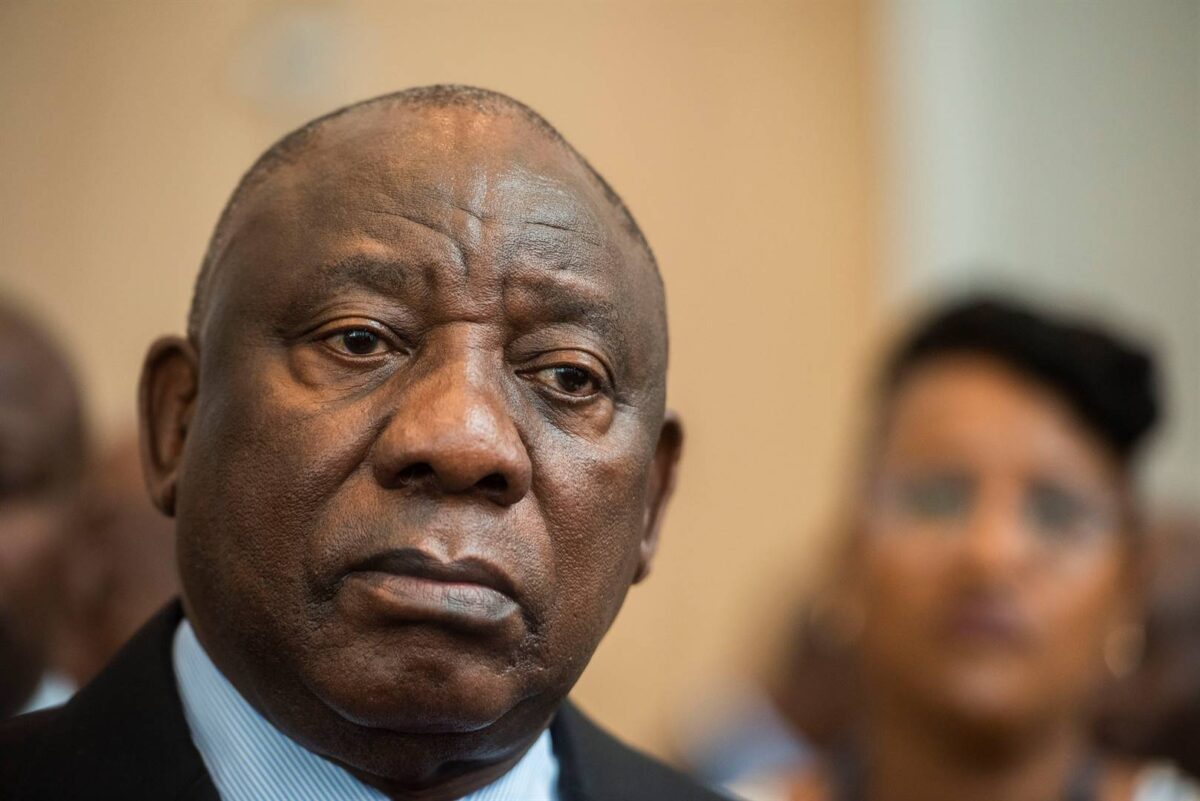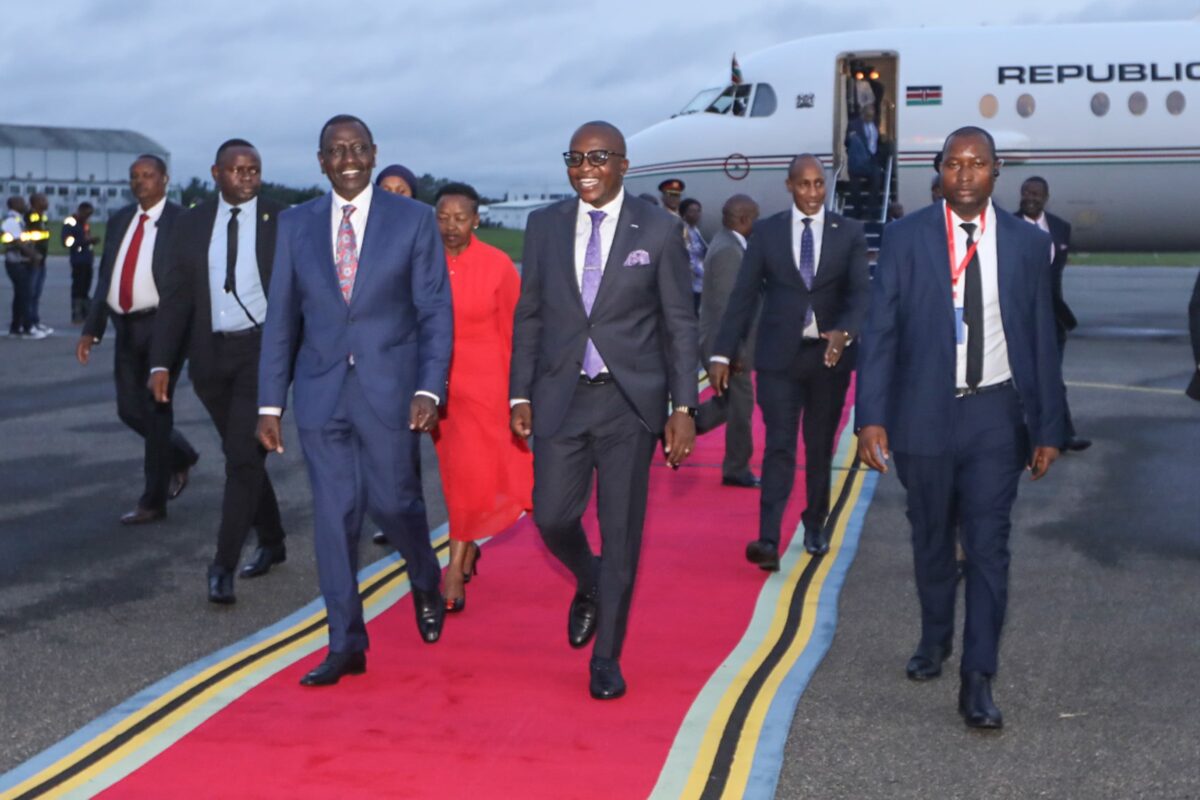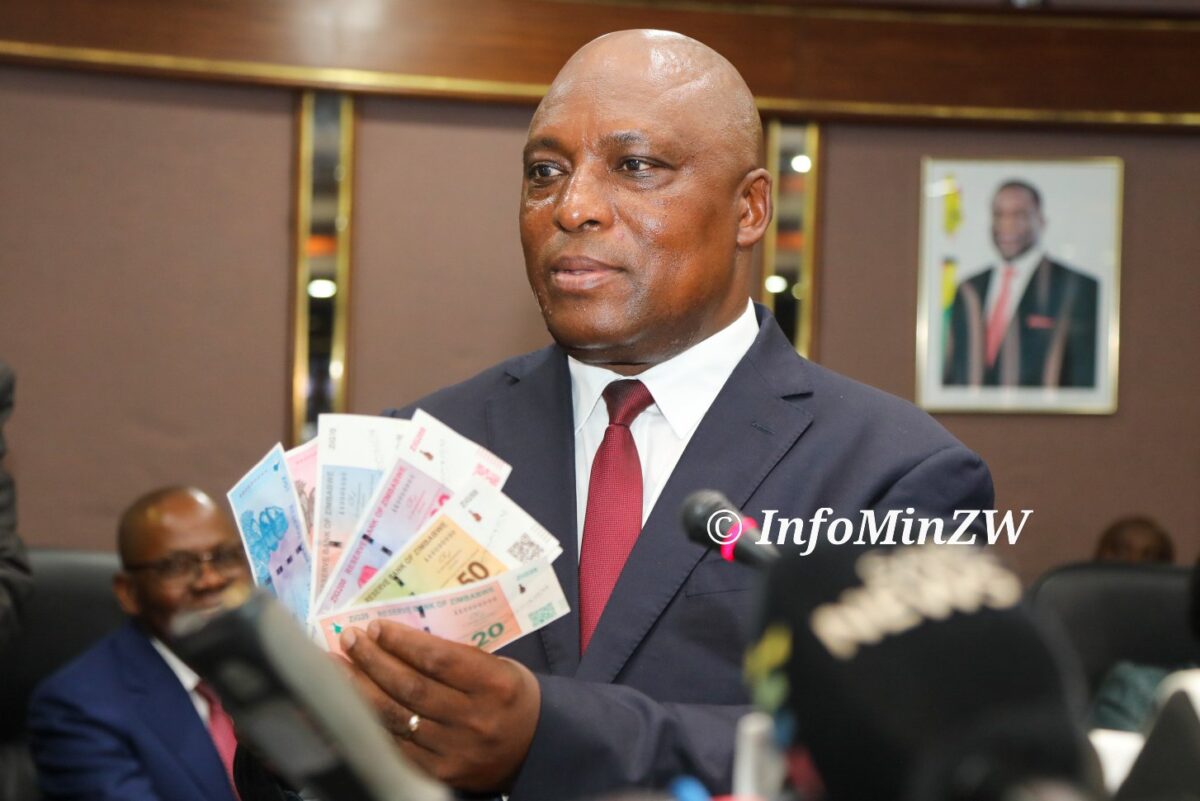Online gambling is a popular pastime for many patrons around the world. How about the 15.9 million people of Zimbabwe? Do they enjoy gambling, what types of gambling are the most popular, and is it legal to do so in the country?
How Popular is Online Gambling in Zimbabwe?
Zimbabwe isn’t a classic destination associated with gambling. However, some statistics suggest that it is becoming increasingly popular. Africa has seen a 12% increase in its gambling market worth as a continent. Zimbabwe is one of the most significant contributors to this, as its domestic casino industry reportedly grows by at least 8.5% yearly.
Unfortunately, the reasons for this upsurge in Zimbabwe’s gambling customs aren’t necessarily all attractive marketing and free time. The country has a fragile economy, and many people have lost their jobs due to the perilous economic downturn. Many Zimbabweans are now turning to gambling methods to put food on the table. If they fail, they have to keep gambling or face the consequences of not having any money to pay the bills.
As the Zimbabwe population used to see gambling as a taboo, there isn’t a huge demand for complex casino games. This is still a population learning the ropes regarding how they can gamble. Therefore, the most popular mediums for online gambling are slot machines and betting on sports, commonly football results. Anyone looking to play can pick from these recommendations as major brands are now operating in the country.
What is the Legal Status of Online Gambling in Zimbabwe?
Online gambling has been legal in Zimbabwe since 2002 when the government passed an amendment to The Lotteries and Gaming Act. At this point, many domestic and international operators decided to shop in the country and offer their services.
Unfortunately, the legislation established simultaneously did not regulate companies operating in Zimbabwe, leading to some rogue casinos conducting untoward activity.
However, in 2022, the government announced that it would now regulate and tax all companies offering services within the online gambling space. This decision was made to help protect the population from fraudulent casinos and to attempt to fix their economy. The current regime has put up several barriers to entry, making it expensive to run an online casino, especially for foreign companies.
Offshore casinos sit in a grey area. They aren’t governed by Zimbabwe law, but then again, most of these sites escape the jurisdiction of all nations – and don’t leave a trace, given they operate in cryptocurrencies. Currently, Zimbabwe does not have the resources to prevent its population from accessing these websites.
Current President Emmerson Mnangagwa Seems to Like Casinos
The current president of Zimbabwe, Emmerson Mnangagwa, seems to have a good working relationship with the gambling industry. Given the dire straits of the national economy, Mnangagwa and his colleagues are proactively looking for international investment from other countries. One of the projects that the president had a crucial role in facilitating was the 2022 deal with MULK Holdings, a major conglomerate in the UAE that has overseen the development of casinos and many other entertainment industry venues.
While not directly involved, he also approved building a Chinese-owned casino in Zimbabwe, Happy Sunday. This new venue was even placed on Emmerson Mnangagwa Road, named after the current president! Mnangagwa was re-elected in 2023 and is likely to serve until 2028, which is great news for casino players in Zimbabwe as he will continue to bring new gambling opportunities to the country throughout his term.
Smartphone Ownership Soaring in Zimbabwe
Online casinos are now geared towards the app experience. While desktop services still exist, most users want a quick casino game on their portable devices. This was a significant barrier to entry for Zimbabwe bettors as smartphone ownership was very low just a few years ago – meaning that the potential pool of customers was also shallow.
In February 2021, it was reported that only 52% of the country owned such a device. Yet in August 2022, it was reported that the figure was now 87%, and the numbers continue to grow. The related connectivity technology might not be as fast as the Western world, but it is relatively good compared to other countries in the area.















